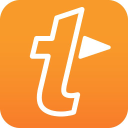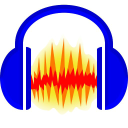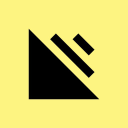How Kurt Elster Monetized And Grew A Podcast to 750K Downloads
Hello! Who are you and what business did you start?
I'm Kurt Elster, and I host The Unofficial Shopify Podcast. With 750,000 downloads, 200 episodes, and four sponsors, it’s become quite the media machine for us.

What's your backstory and how did you come up with the idea?
In 2009 I quit my job to start an ecommerce SaaS. That didn't work out. Turns out building your own ecommerce platform is far harder than this novice had thought, and getting an entire industry onboard with a then crazy idea was extremely difficult.
We needed to keep the lights so we started accepting freelance wordpress and web development work. Among those projects was a friend who owned a bike shop that asked us for help building an easy to manage ecommerce site for his shop. This was in 2011, and we’d been hearing...


















